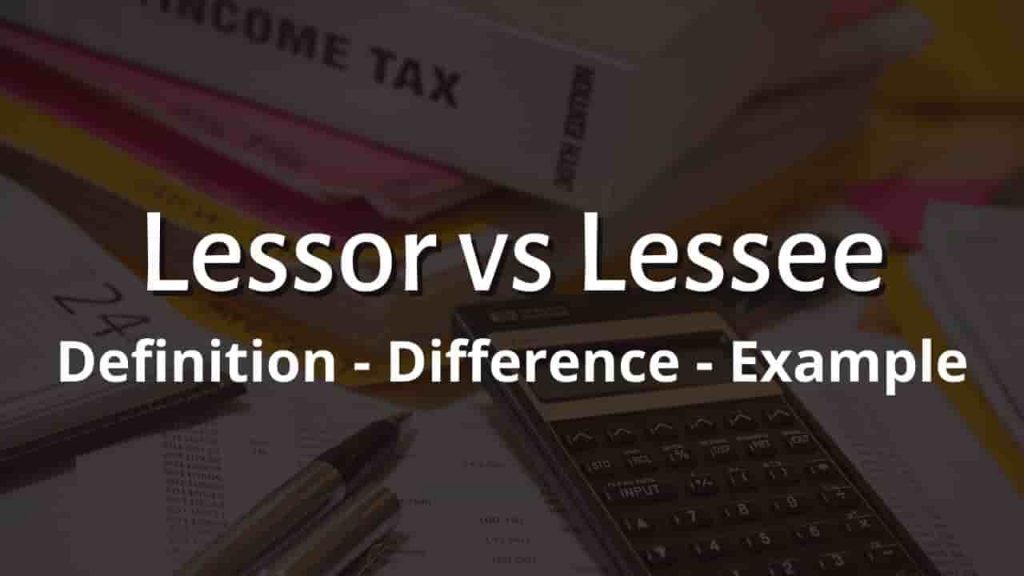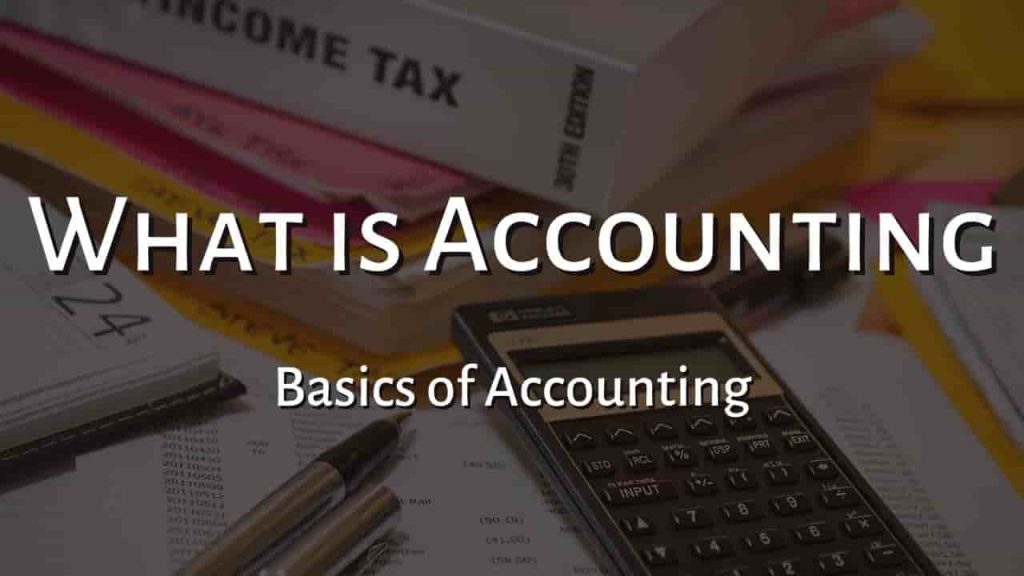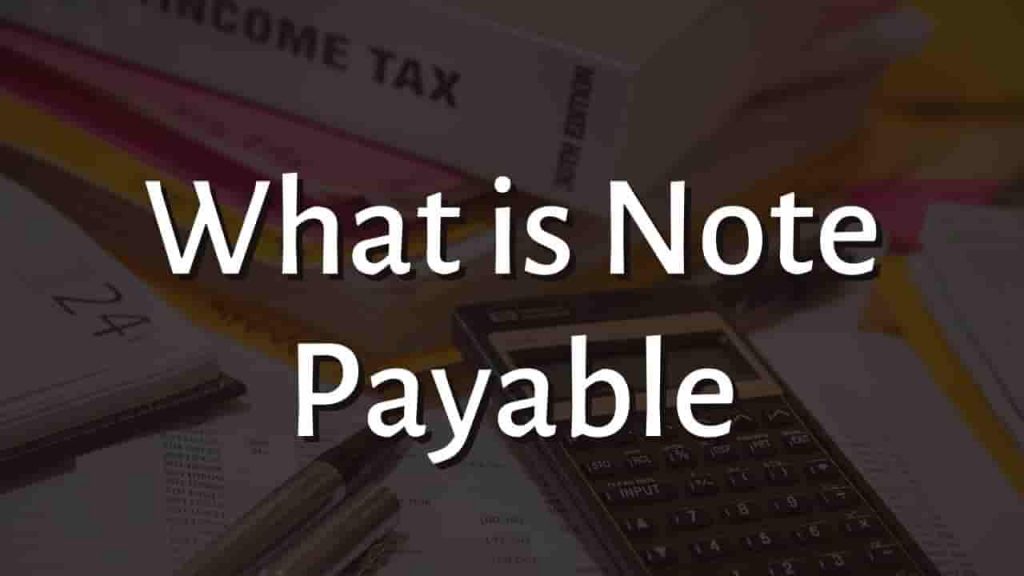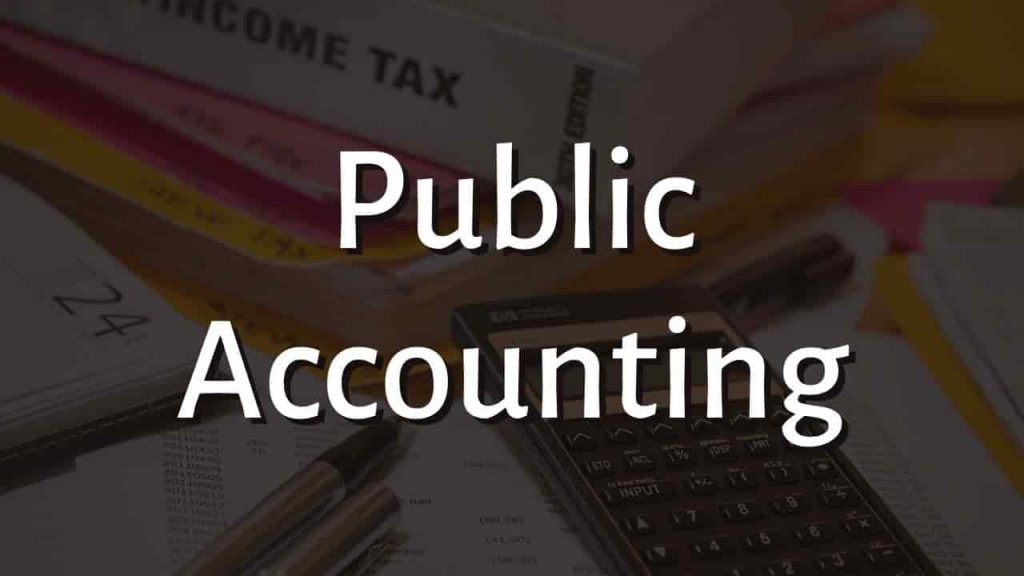Lessor Vs Lessee
A lease arrangement has two key parties, and every financial expert must understand how to distinguish between the lessor and the lessee. To clearly understand these two-term first you need to understand the term lease.
What is Lease?
A lease is a commercial agreement in which one party, known as the lessor, offers an asset for use by the other party, known as the lessee, in exchange for periodic payments over an agreed-upon time. The lessee is obligated to pay the lessor for the usage of the asset or property.
Leases are legally enforceable contracts that outline the conditions of rental agreements in real estate, as well as real and personal property.
These contracts outline each party’s responsibilities in carrying out and maintaining the agreement, and they are enforceable by both parties.
A residential property lease, for example, covers the property’s address, landlord obligations, and tenant responsibilities, such as the rent amount, needed security deposit, rent due date, the penalty for violation of contract, lease term, pet regulations, and any other important information.
Who is Lessor Vs Lessee
Who is Lessor
The lessor is the legal owner of the asset or property, and he grants the lessee the right to use or occupy it for a specified length of time.
The lessor retains ownership of the property during the contract and is entitled to periodic payments from the lessee based on their initial agreement.
He must also be reimbursed for any losses incurred throughout the contract as a result of the asset’s damage or misuse. If the asset is sold, the lessor must approve the transaction and is entitled to any financial profits from the sale.
One of these restrictions is that, because of his restricted access to the asset, the owner may only get admission with the approval of the lessee.
He must notify the lessee of any maintenance that has to be performed on the asset or property prior to the visit.
However, if the lessee damages the asset or uses it for illegal purposes, the lessor reserves the right to evict the lessee or terminate the lease agreement without notice.
The asset or property is returned to the lessor at the end of the contract time, depending on the state of the asset, although the lessee may have the opportunity to buy the asset.
Who is Lessee
The lessee is the person who receives the right to use an asset for a certain length of time and makes periodic payments to the lessor in accordance with their original agreement.
The duration of the lease tenure is frequently determined, at partly, by the type of asset or property.
For example, a lease of land to establish a manufacturing plant may be for a longer length of time than a lease of equipment or a vehicle.
The lessee is responsible for taking care of the asset and performing regular maintenance as needed during the lease period. If the lease is for an apartment, the lessee shall not make any structural alterations without the lessor’s approval.
Lessor vs Lessee Example
Consider a rented apartment as an example. The lessee is the tenant. And the lessor is the landlord. The lessee pays the landlord rent, whereas the lessor receives money from the tenant. The same may be said of any lease or rental arrangement.
The lessor receives payment from the lessee in exchange for the right to utilize the asset or property. Furthermore, the lessor is paid by the lessee for the use of the asset or property.
Key Differences Between Lessor and Lessee
Following are the Key Differences Between Lessor and Lessee
- The lessor is the asset’s owner and has the authority to transfer it to anyone. The lessee, on the other hand, is the temporary owner, and his possession is restricted to the extent of the contract and the agreed-upon payment.
- Possession is in the hands of the lessee, but ownership is in the hands of the lessor.
- The lessor is eligible for the payments first if the lessee declares bankruptcy. The lessee has no relationship to the lessor’s insolvency because the lessor owes the lessee no money.
- Because the lessor is the owner, he has no restrictions on how he uses the land. When the property is under-leased, however, approval is necessary. The lessee has limited control over the asset or property.
- The lessor has the right to cancel the contract if the lessee causes any harm to his property or violates any of the contract’s terms. The lessee may also end the lease in the event of an unforeseen disaster, such as a flood or fire.
- The lessor, as the asset’s owner, has the authority to take the asset or property from the current lessee and lend it to another lessee. This privilege, however, is not given to the lessee. He does not have the authority to grant anybody else access to the property.
Trick to remember the Difference between Lessor and Lessee
It’s easy to remember lessor vs. lessee: the lessor is the person who owns the property, and the lessee is the one who rents it out.
Lessor and owner both have the letter O, so it should be easy to recall that a lessor is also the owner of a property.
For more click here and if you are looking for full forms of different acronyms and words then check out this list you really gonna find this helpful. We also have an Essay on every topic, Check the complete list here. If you are Studying in Matric Free Video Lectures of Maths, Physics and English are here, and we have got you covered for I.COM Business Maths also.







